Publications
Articles, publications, books, tools and multimedia features from the U.S. Institute of Peace provide the latest news, analysis, research findings, practitioner guides and reports, all related to the conflict zones and issues that are at the center of the Institute’s work to prevent and reduce violent conflict.
Question And Answer
Amid a Changing Global Order, NATO Looks East
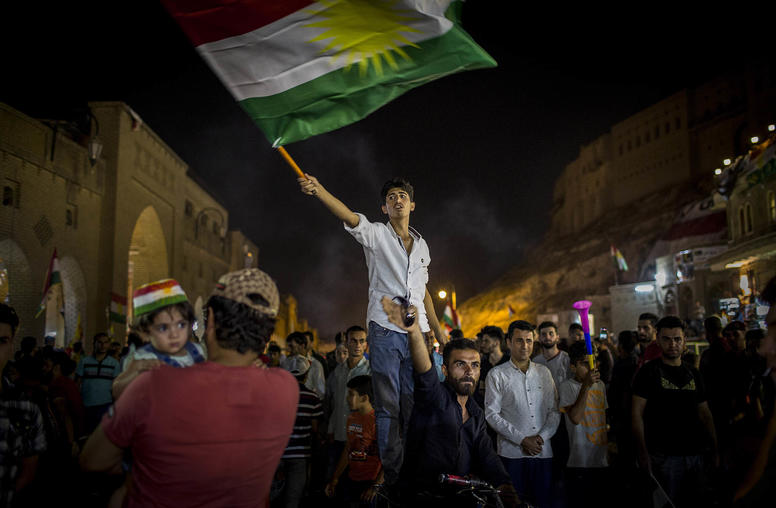
Why Baghdad Should Help the Kurdistan Region’s Debt Crisis
The mounting debt crisis of Iraq’s Kurdistan Regional Government poses a long-term threat to the country’s economy and ultimately, perhaps, its stability. For now, Iraqi political leaders are consumed with negotiating a new, post-election government, but a solution to the KRG’s insolvency cannot wait too long. It will require the next government to quickly put aside parochial politics and help the KRG find creative ways to restructure its debts.
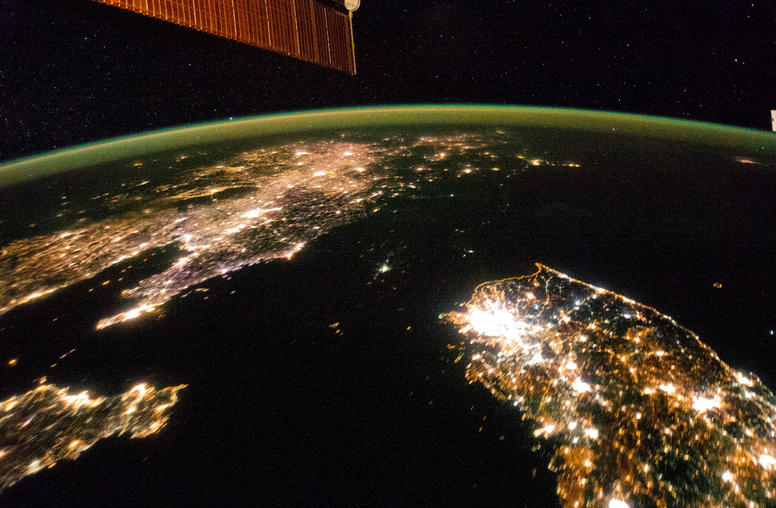
Six Past Mistakes Trump Can Avoid in Talks with North Korea
The Trump administration’s guiding philosophy for negotiating with North Korea is to “not repeat the mistakes of past administrations.” With the summit between President Trump and Kim Jong Un now set for June 12 in Singapore, it is important to identify these past mistakes and how to avoid them.
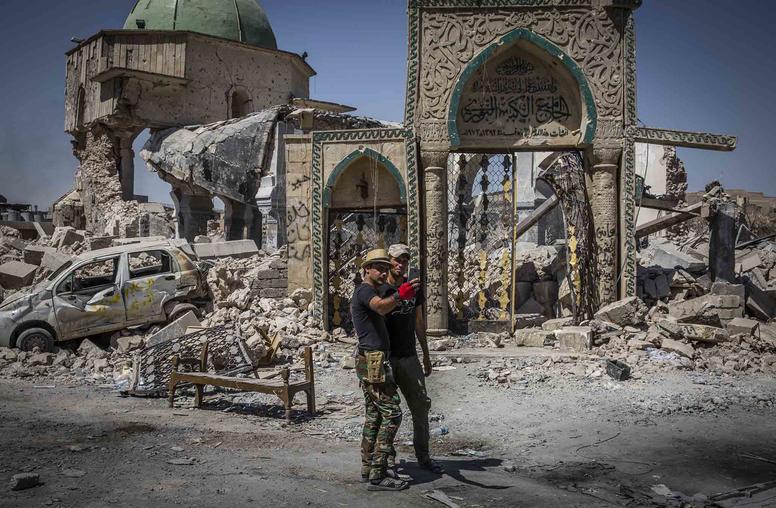
After ISIS, Iraqi Voters Demand Good Governance
When Iraqis went to the polls on May 12, the country’s foreign policy was the last thing on their minds. For the vast majority, the central question about the next government was expressly local: Will it be able to deliver services, get the economy moving and, perhaps most important, curb corruption?
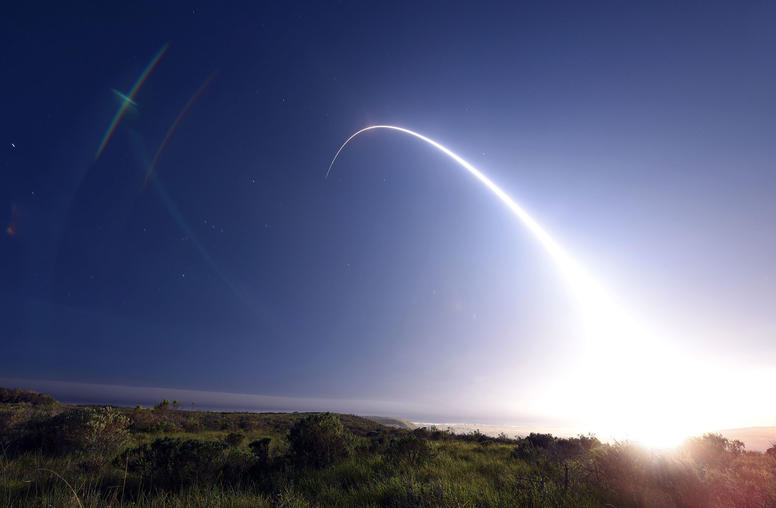
Have Nuclear Weapons Prevented an All-out War in South Asia?
In Washington, discussion of the threat of nuclear proliferation mostly focuses on Iran and North Korea. Yet in South Asia, a nuclear stalemate between India and Pakistan persists, with decades of tension that regularly threaten to escalate at a moment’s notice.
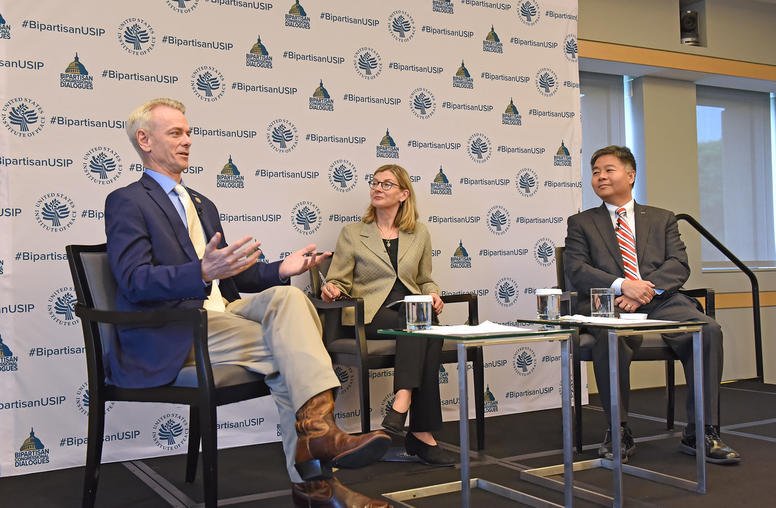
North Korea and the Fine Print of a Deal
With significant uncertainty surrounding the proposed Trump-Kim summit scheduled for June 12 in Singapore, South Korean President Moon Jae-in is in Washington this week to ensure the historic meeting happens. Whether its sanctions relief or appropriating peacebuilding funds, the U.S. Congress will play a pivotal role in any settlement with North Korea. Amid questions about Pyongyang’s intent and past negotiating behavior, Steve Russell (R-OK) and Congressmen Ted Lieu (D-CA), both military veterans, offered their support for the Trump administration’s participation in the summit during a bipartisan dialogue at the U.S. Institute of Peace.
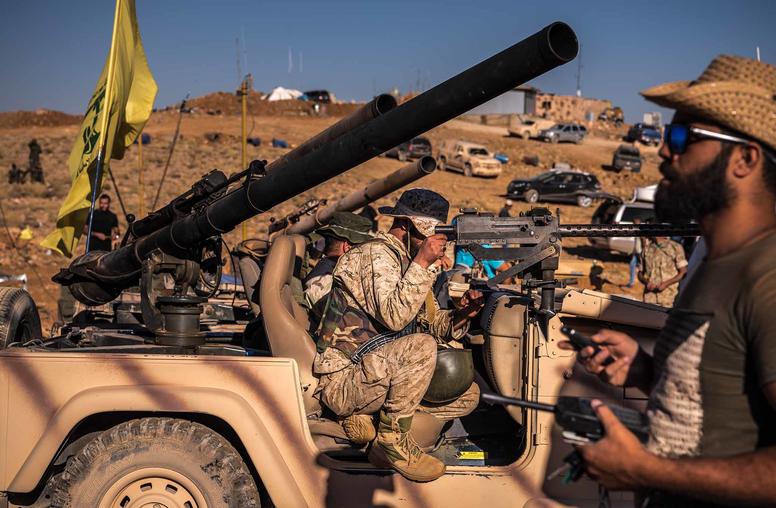
Iran and Israel Are Racing Toward Confrontation in Syria
Ties between Tehran and Damascus have been close since the 1979 revolution, but the relationship deepened after Syria’s civil war erupted in 2011. With the Assad regime’s survival at stake, Tehran doubled down on its support, providing critical military assistance—fighters and strategists—and economic aid estimated to be in the hundreds of millions of dollars.
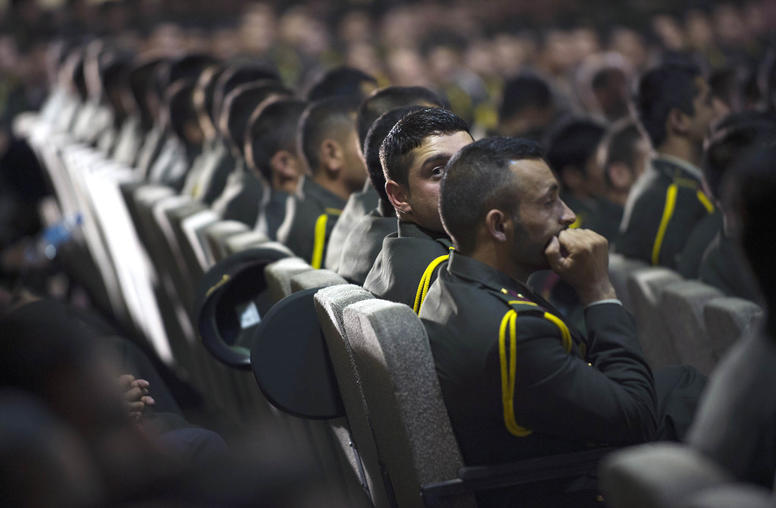
Seize This Moment for Afghan Peace Talks
Even though fighting continues, nearly all serious observers believe a political settlement in Afghanistan is the only plausible alternative to open-ended war. So, while Taliban leaders over the last month have announced their annual spring offensive and disputed Kabul and Washington’s sincerity about making peace, they concurrently show signs of flexibility in how they envision a potential peace deal.
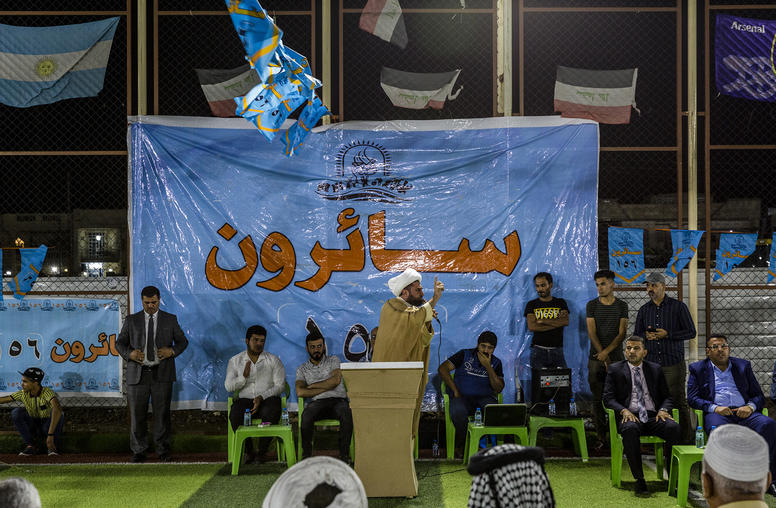
Will Iraq’s Surprise Election Results Bring Change?
In a surprise turn, preliminary results from Iraq’s May 12 parliamentary vote indicate that a coalition led by controversial cleric Moqtada al-Sadr—a staunch opponent of both U.S. and Iranian influence in Iraq—won the most seats.
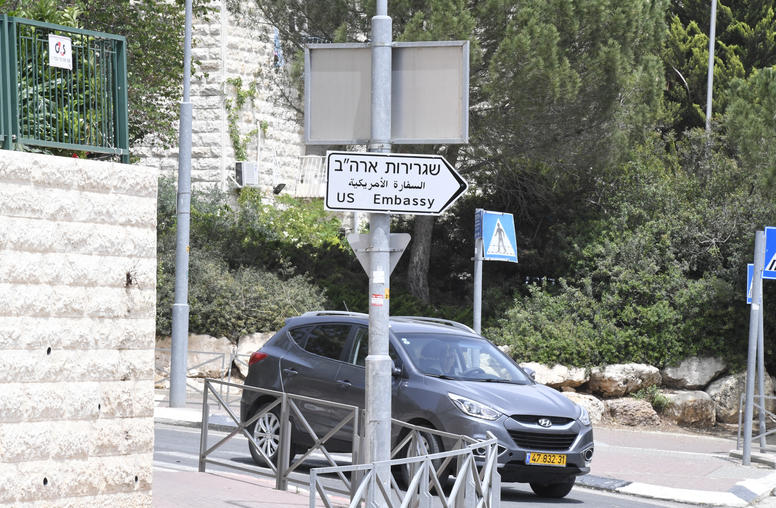
Jerusalem, Gaza, and the Unclear Road to Peace
This week, a perfect storm of politics, mounting despair, and competing narratives of historic memory and grievances converged in Jerusalem and Gaza. The effects have been devastatingly deadly. The implications for Israeli-Palestinian peace are profound.
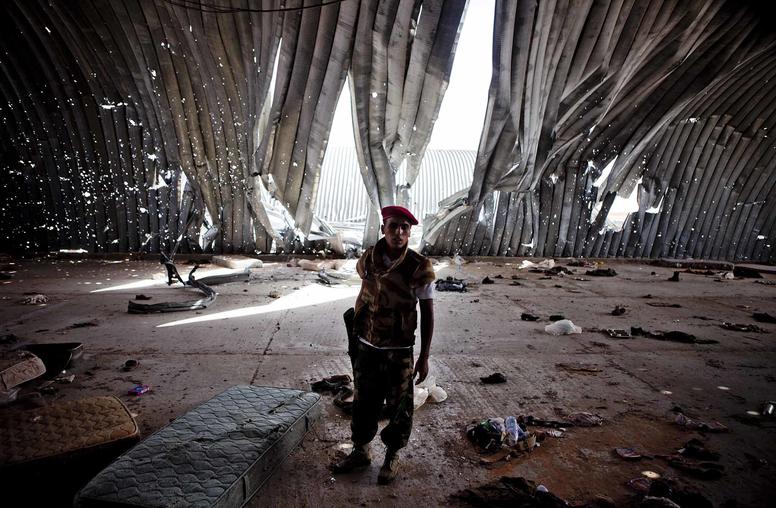
In Libya, Hope Springs from Youth and Local Communities
More than two years after the United Nations began leading an internationally backed peace process for Libya, that effort faces severe challenges. Rival Libyan regimes still claim national authority, and battles among hundreds of militia groups continue. Amid the turmoil, however, young Libyans are leading peacebuilding efforts in their local communities.